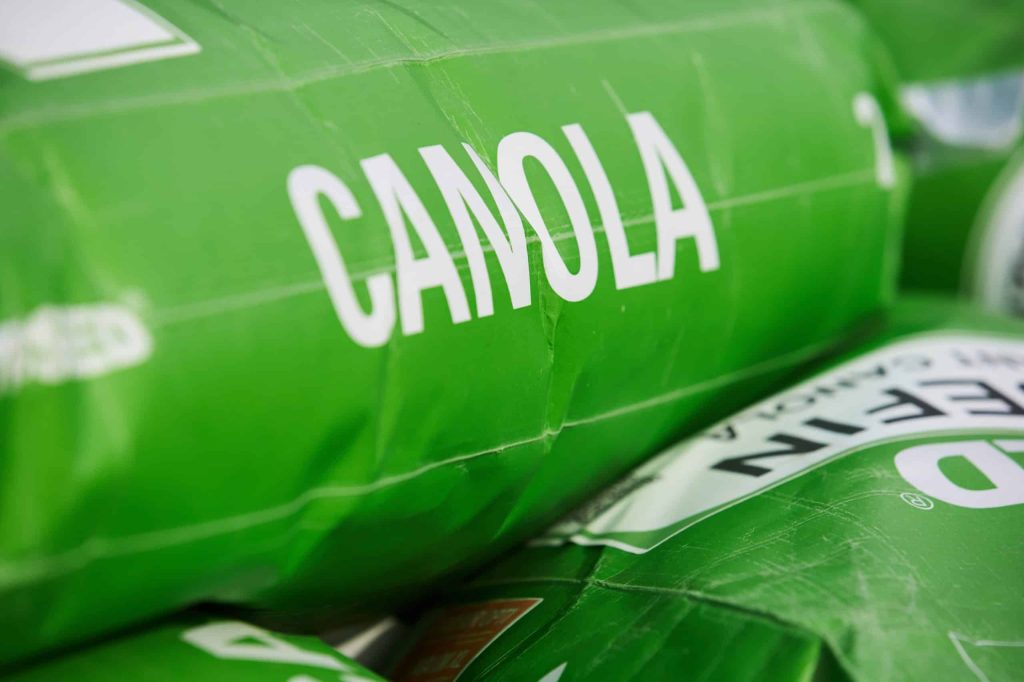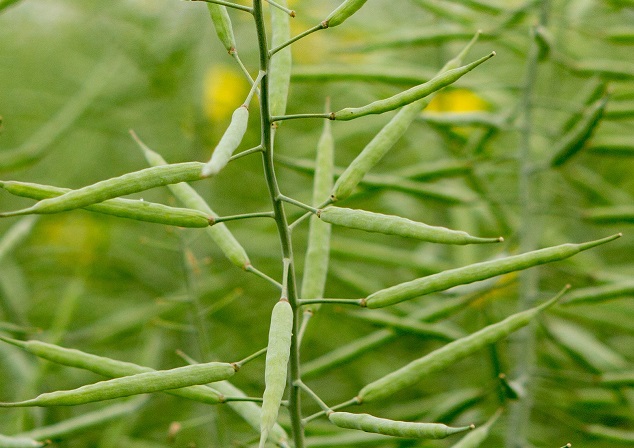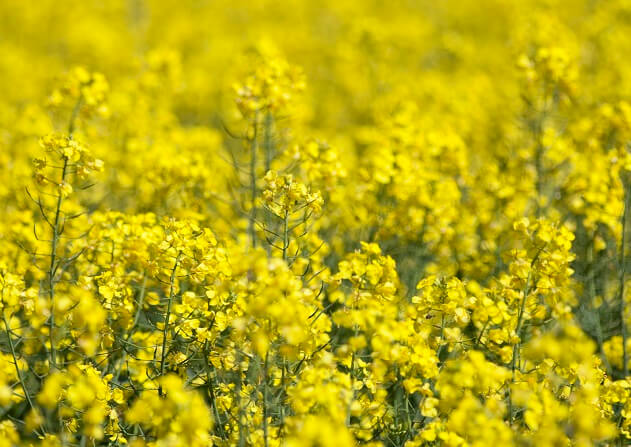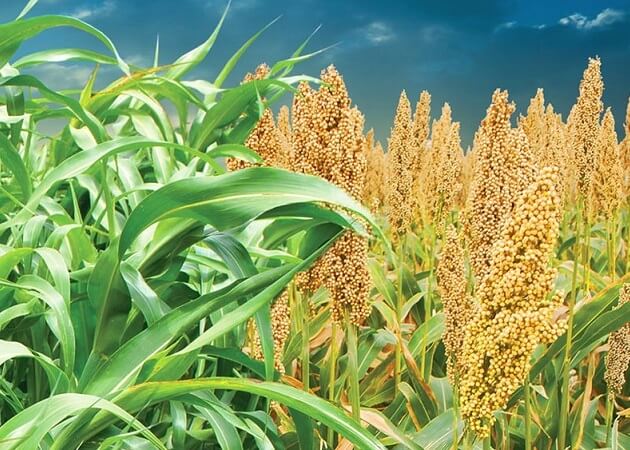That's why I grow Nuseed
We're surpassing what you expect from a seed and a seed company
New solutions for a world with new challenges
Excellent seed, service and opportunities for farm customers.
Find the right seed
Your success starts with the right seed. Our Seed Finder will help you find the best option for your growing conditions and cropping plan.
- Filter by breeding type, maturity & traits
- Review herbicide traits
- Access technical resources
- Download tech sheets
- Find seed retailers near you
- Review seed agronomics
Find a local Distributor
Use our find a distributor tool to find a Nuseed retailer near you.
- Contact retailers quickly and directly
- Explore your local options for buying seed



